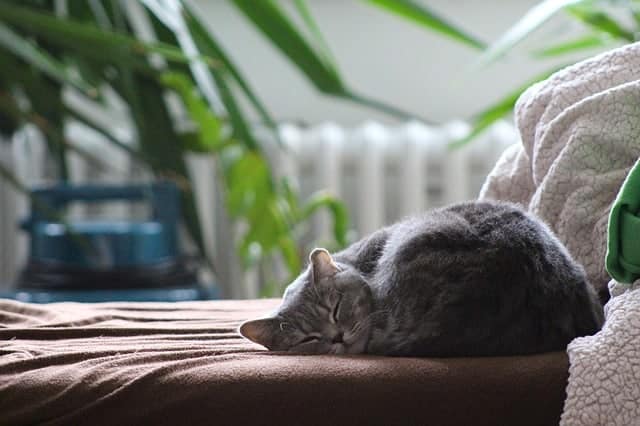
Your cat has to undergo an operation that requires anesthesia, and you don’t know what the effects of waking up are? Here’s what you need to know about it.
It is quite normal that the cat may have some small health problems over time. Sometimes, unfortunately, it is necessary that it undergoes an operation, which sometimes requires the use of anesthesia. Thinking alone can create a state of anxiety. So, also to reassure yourself, it is good to know what are the effects of awakening and how it is more appropriate to behave.
The various types of anesthesia
As we know, anesthesia is a widespread practice in medicine and equally in the veterinary branch. There are many operations that would be impossible to perform, if it were not resorted to: the pain would simply be unbearable.
And this, of course, also applies to our animal friends. Normally we distinguish between general and local anesthesia. The distinction is intuitive: in the first case the object of anesthesia is the entire body of the patient, resulting in loss of consciousness; in the second case, however, anesthesia will affect only a part of the body.
Another classification concerns the methods of anesthesia: we distinguish between inhalation and injection, depending on whether the drug is administered by inhalation or by injection (intravenous or intramuscular).
What are the effects of waking up from anesthesia for the cat
Well, we can say that we all know what are the effects of anesthesia in the cat. What are the ones of awakening? What will be the state of the cat after waking up? First of all, let’s start by saying that the times of awakening can be different.
Basically it depends on various factors, such as the type of operation and anesthesia: the awakening times are obviously much greater in the total one than in the local one; as well as in the inhalation the awakening times are shorter than in the injective one. Of course, the state of health of the feline is also very important.
If the cat is sick obviously the recovery will be more difficult. Age is also able to affect the awakening phase. A cat from a young age will have much shorter recovery times than an older cat.
As for the actual effects of waking up, obviously it will take the cat some time to fully recover control of its body. It is absolutely normal that after waking up the cat is inappetente and presents signs of fatigue.
How to behave

It is very important, in the first days after waking up from anesthesia, to monitor the cat and its state of health. For this reason it is advisable never to leave it alone, in order to observe the recovery from the operation. Waking up from anesthesia could leave some side effects: for example, the cat may vomit, or even just present nausea in general.
It is very important to prepare a shelter, even more comfortable and warm than the usual one if possible, for when it returns home from the operation. It is good then to proceed with great caution to the administration of water and food, respecting the recovery times of the cat, without forcing it.
When drinking or eating, the cat’s reaction should be monitored. If urination resumes normally and no episodes of rejection occur, you can continue progressively to return to the normal habits of the cat; otherwise it will be advisable to contact your veterinarian.






